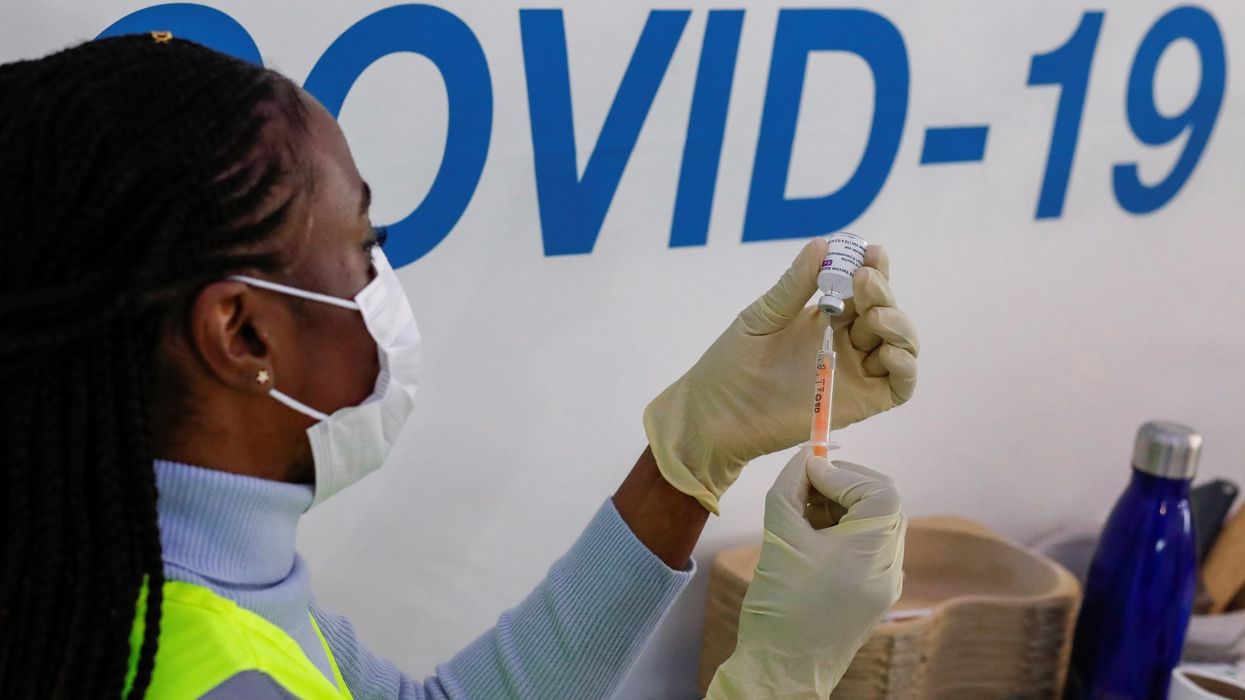Case fatality risk of COVID-19 was 10 times higher in unvaccinated adults compared to those who received the vaccine within six months prior to testing positive
A new study has revealed that the risk of death from COVID-19 decreases significantly after vaccination, but this protection diminishes after six months, providing evidence for continued booster doses.
Researchers from the UK Health Security Agency (UKHSA), who analysed more than 10 million cases of COVID-19 in adults in England between May 2020 and February 2022, found a clear association between vaccination and reduced mortality.
But they also highlighted a crucial timeframe - within six months of the last vaccine dose – when Case Fatality Risk (CFR) - the proportion of cases that resulted in death - was consistently at its lowest across all age groups. After this, the protective benefit of the vaccine began to wane and CFR increased.
Among adults over 50 years, CFR was 10 times higher in the unvaccinated individuals (6.3 per cent) compared to those who had been vaccinated within six months prior to testing positive (0.6 per cent).
The study also found a steep decline in COVID-19 CFR in early 2021, aligning with the initial vaccine rollout.
Florence Halford from the UKHSA’s COVID-19 Vaccines and Epidemiology Division said: "COVID-19 Case Fatality Risk reduced after vaccination, with the lowest seen across all age bands when vaccinated up to six months prior to the specimen date. This provides some evidence for continued booster doses in older age groups."
Their findings have been published in the Journal of the Royal Society of Medicine (JRSM).













